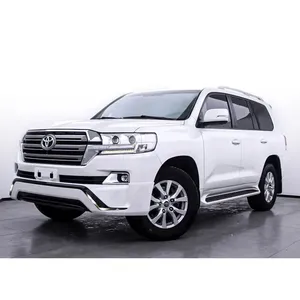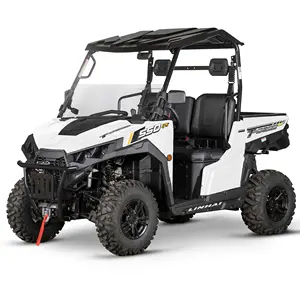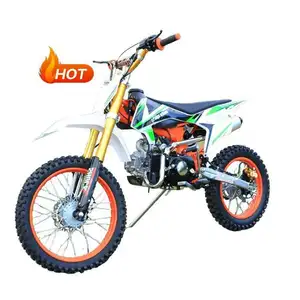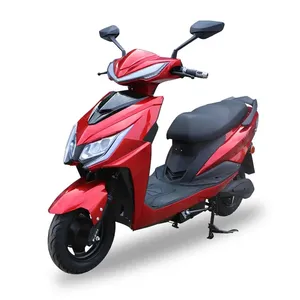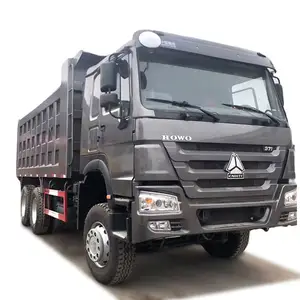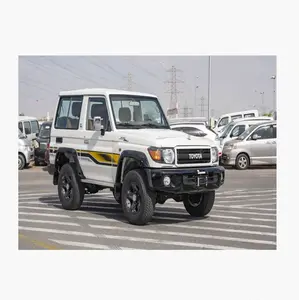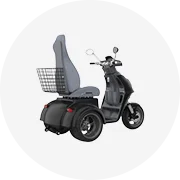Popular in your industry












































































Related Searches:





























































































































































Top categories
About 40ft trailer truck
Understanding the 40-Foot Trailer Truck
Integral to the freight and logistics sector, semi-trailers, or 18-wheelers, are large vehicles comprising a tractor and a detachable trailer designed to transport a diverse array of goods, materials, and equipment. The tractor, powered by a robust engine, tows the stationary trailer, which lacks self-propulsion. The modularity of detaching the tractor and multiple trailers enhances flexibility and efficiency, establishing these trucks as a preferred option for businesses moving bulky or large-scale items.
The architecture of these vehicles hinges on a fifth wheel coupling system, ensuring a stable link between the tractor and the trailer. Positioned at the tractor's rear, the coupling securely fastens the two components, enabling the tractor to haul the trailer and its substantial loads over extended distances.
Diverse sectors, including shipping, manufacturing, logistics, construction, and retail, utilize trailer trucks. The 40-foot trailer's spacious cargo area is apt for standard shipping containers, pallets, vehicles, and other sizable objects needing considerable space. These trucks are pivotal in streamlining goods movement, thus playing a vital role in international commerce and economic expansion.
Varieties of 40-Foot Trailer Trucks
The market presents an assortment of 40-foot trailer trucks to satisfy varied transport demands, including:
-
Dry Van Trailers: Enclosed trailers with a roof, these safeguard the cargo from elements like sunlight, wind, and precipitation. Ideal for electronics, apparel, and non-perishable foods, they ensure a moisture-free journey.
-
Refrigerated Trailers: Known as reefers, these maintain a controlled temperature environment, essential for perishables such as foodstuffs, pharmaceuticals, and specific chemicals requiring consistent temperatures.
-
Flatbed Trailers: These open-deck trailers, lacking sides or a roof, offer loading versatility and are typically employed for heavy machinery, construction supplies, and oversized items that defy enclosed spaces due to height constraints.
-
Tanker Trailers: Specialized for liquid or gas transport, these cylindrical tank-equipped trailers are indispensable for fuels, chemicals, milk, and other liquid bulk, serving sectors like chemical production, agriculture, and food processing.
-
Lowboy Trailers: Featuring a dual drop in deck height, lowboy trailers accommodate taller equipment than standard flatbeds, making them suitable for oversized machinery transport.
Selecting the Right 40-Foot Trailer Truck
Choosing the appropriate 40-foot trailer truck—or a fleet, if necessary—requires evaluating several factors to match operational objectives and comply with regulations. Businesses should consider:
-
Capacity and Size: Gauge the volume and mass of the cargo to be hauled. Larger trailers necessitate more robust trucks with greater horsepower for towing.
-
Route and Terrain: Account for the road types and environmental conditions the trailer will face. Challenging terrains or steep gradients may call for an off-road variant.
-
Regulatory Compliance: Confirm that the trailer truck adheres to all pertinent local and international standards, including emissions, weight restrictions, and safety mandates.
-
Quality and Maintenance: Opt for trailers constructed from resilient materials for longevity. Regular maintenance is crucial for operational efficacy and cost efficiency.
-
Additional Features: Depending on the cargo's nature, features like refrigeration or living quarters might be necessary and should integrate smoothly with existing operations.
Addressing these factors ensures that businesses procure trailer trucks that fulfill immediate requirements and accommodate future expansion.
Exploring 40-Foot Trailer Trucks on Alibaba.com
Alibaba.com distinguishes itself as a global marketplace linking businesses with an extensive array of trailer trucks for diverse transport needs. Its vast network of suppliers provides everything from flatbeds to dry vans, streamlining the search for the ideal trailer truck that meets operational demands without sacrificing quality or efficiency.
The platform's intuitive interface enables buyers to sort through options based on criteria such as length, construction material, axle count, and extra features like refrigeration or custom interiors. This allows for a swift identification of suitable vehicles, bypassing irrelevant alternatives.
Alibaba.com underscores its dedication to secure transactions with services like Trade Assurance, which safeguards payments until delivery fulfillment, providing assurance for significant investments in trailer trucks. Utilizing Alibaba.com's extensive resources and customer-focused ethos, businesses can confidently augment their fleets with dependable vehicles tailored to their specific transport needs.
Common FAQs for Trailer Truck (40 Feet)
What is the maximum load capacity for a 40-foot trailer truck?
A 40-foot trailer truck can typically carry between 20,000 and 26,000 kg, contingent on local road weight restrictions and regulations.
How can I ascertain the correct trailer truck size for my business?
Assess your cargo's dimensions and weight alongside the specific road transport requirements in your region. The right trailer truck will accommodate your load within legal transport parameters.
Is a 40-foot trailer truck versatile enough for all cargo types?
Indeed, 40-foot trailer trucks are well-suited for a broad spectrum of cargo, from general merchandise to heavy equipment, facilitated by their loading capabilities through sliding or roll-up doors.
Do 40-foot trailer trucks come in different models?
Certainly, there are multiple models of 40-foot trailer trucks, such as flatbed and enclosed trailers, each crafted to cater to particular transport needs and regulatory stipulations.
What considerations should I make about road weight limits when choosing a 40-foot trailer?
Ensure the combined weight of the trailer and its cargo complies with local regulations to prevent penalties or safety hazards. Suppliers typically provide this information, which can also be found on transport documents like the bill of lading.
How does a 40-foot trailer's sliding mechanism function?
The sliding mechanism on a 40-foot trailer facilitates straightforward loading and unloading from the sides or rear, offering convenience when space is constrained or rapid access is required.
What advantages do enclosed trailers have over open flatbeds?
Enclosed trailers shield cargo from the elements, making them preferable for valuable or delicate items. They also offer enhanced security and can be secured for added protection during transit.
How can I ensure the 40-foot trailer truck I select complies with safety standards?
Confirm that the trailer truck conforms to the necessary local and international safety standards for road transport, which may encompass weight capacity, lighting, and braking system regulations.
Is it possible to customize a 40-foot trailer truck to fit my business's needs?
Yes, many suppliers on Alibaba.com provide customization options for 40-foot trailer trucks, including modifications in size, color schemes, and branding possibilities.
What lighting options are available for 40-foot trailer trucks?
40-foot trailer trucks typically feature LED or incandescent lighting, with LEDs being the preferred choice for their energy efficiency and longevity.
How does suspension type influence a 40-foot trailer truck's operation?
The suspension type, whether air or mechanical, impacts the truck's ride quality and handling. Air suspensions provide a smoother ride and superior adaptability to varying road surfaces compared to mechanical suspensions.
Why is it important to choose a trailer truck with a sliding or roll-up door?
Opting for sliding or roll-up doors offers loading and unloading versatility, which can be advantageous in tight spaces or when quick access is a factor. The decision should be based on specific operational requirements.
